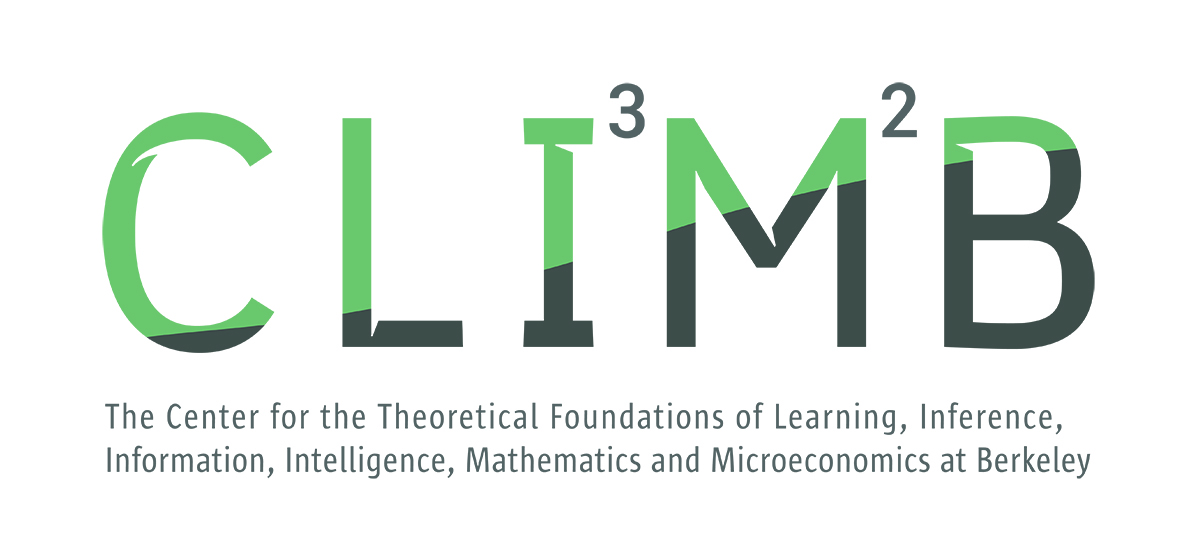Susan Athey
Professor of Economics at Standford University
Simons Institute, Calvin Lab Auditorium
Friday, March 3, 2023
Predicting sequences of jobs is a problem that is similar to, but much simpler than, predicting sequences of text. However, in the U.S., administrative datasets that contain representative samples and detailed data about occupations and wages for workers over their careers are based on surveys and are typically small. We build a transformer-based model to predict sequences of jobs based on a large, non-representative resume dataset, and then adapt it to small, representative survey datasets using transfer learning. We then consider whether the representations developed are useful for classic economic problems, such as measuring the male-female gender gap at different points in workers’ careers, conditional on their work history up to that point. We show that traditional economic approaches suffer from omitted variable bias, and thus substantially overstate gender gaps. We further analyze the extent to which our method for estimating representations of careers may lead to bias in the estimates of the gender gap, and we develop a method that is tailored to eliminating the potential for bias. Experiments in semi-synthetic data illustrate the benefits of our approach, an approach that may have broader applications in the area of fairness in machine learning.
My coauthors are Keyon Vafa and David Blei.
Speaker Bio
Professor Athey is the Economics of Technology Professor at Stanford Graduate School of Business. She received her bachelor’s degree from Duke University and her PhD from Stanford, and she holds an honorary doctorate from Duke University. She previously taught at the economics departments at MIT, Stanford, and Harvard. She is an elected member of the National Academy of Science and is the recipient of the John Bates Clark Medal, awarded by the American Economics Association to the economist under 40 who has made the greatest contributions to thought and knowledge. She is the President of the American Economics Association in 2023. Her current research focuses on the economics of digitization, marketplace design, and the intersection of econometrics and machine learning. She has worked on several application areas, including timber auctions, internet search, online advertising, the news media, and the application of digital technology to social impact applications. As one of the first “tech economists,” she served as consulting chief economist for Microsoft Corporation for six years, and has served on the boards of multiple private and public technology firms. She also served as a long-term advisor to the British Columbia Ministry of Forests, helping architect and implement their auction-based pricing system. She was a founding associate director of the Stanford Institute for Human-Centered Artificial Intelligence, and she is the founding director of the Golub Capital Social Impact Lab at Stanford GSB.
